1.
PROVIDING LOVE AND CARE TO THE MOST NEEDY CHILDREN AND
HELP THEM TO DEVELOP
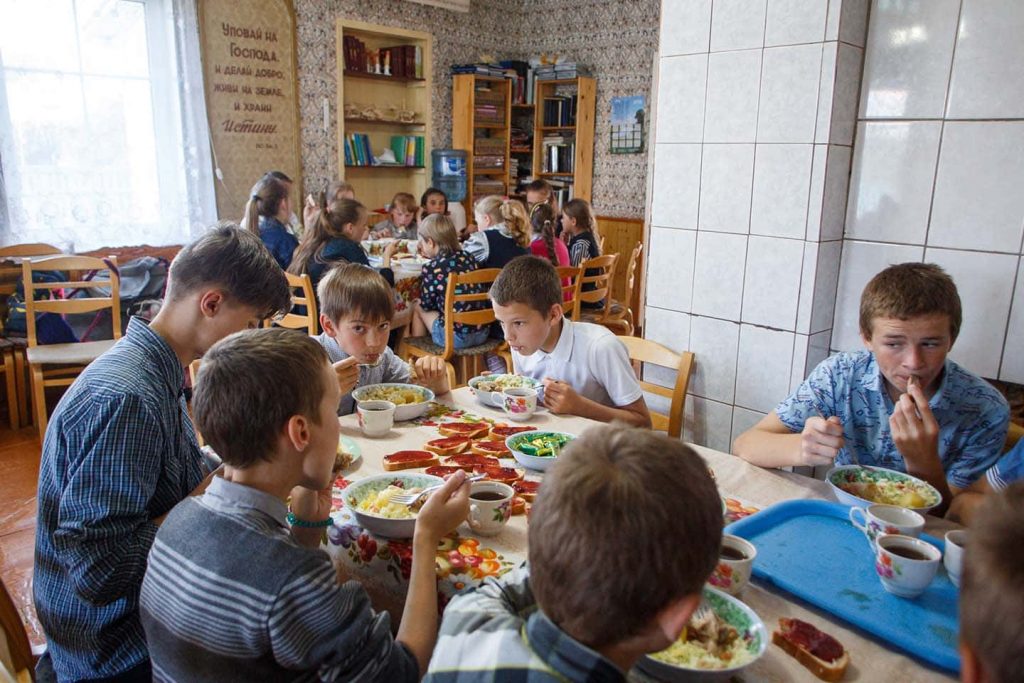
The day centres are a place where children can come to, feel safe and accepted and have a meal. But that’s not all. They will participate at a programme which helps them to grow socially, intellectually and spiritually, through activities like: sports, games, Bible lessons, music, crafts, life-skills and homework help. The final goal is to help each child grow to its God-given potential.
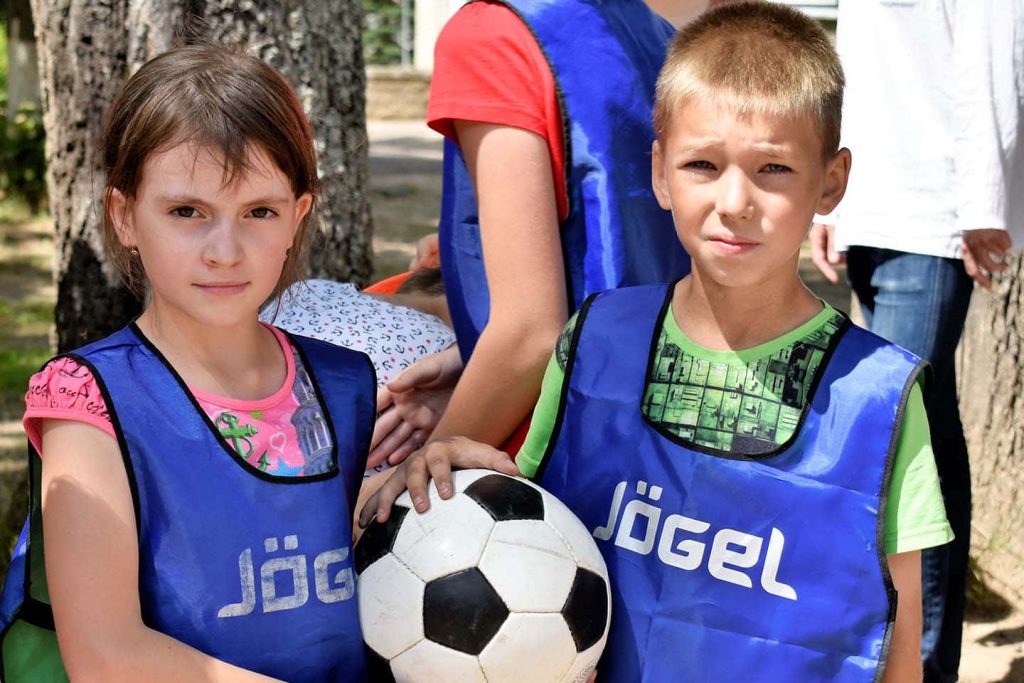
At the same time, families are visited and the needs and problems of each child and family are analysed and intervention plans are set up to overcome certain problems and to help the child in its development. During all this, the progress of the children is tracked and adjustments are made if necessary.
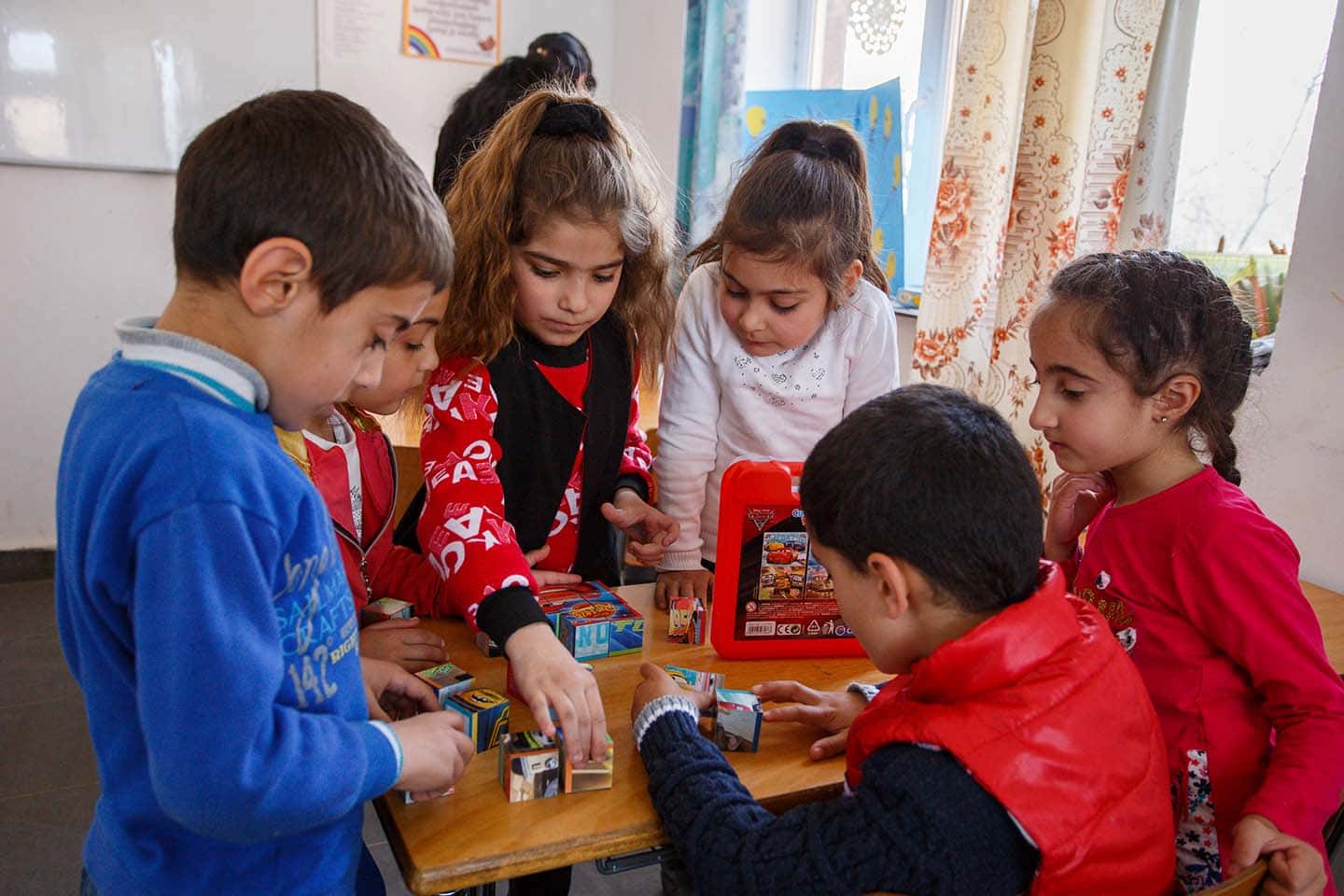
2.
INVOLVING VOLUNTEERS AND HELP THEM GROW
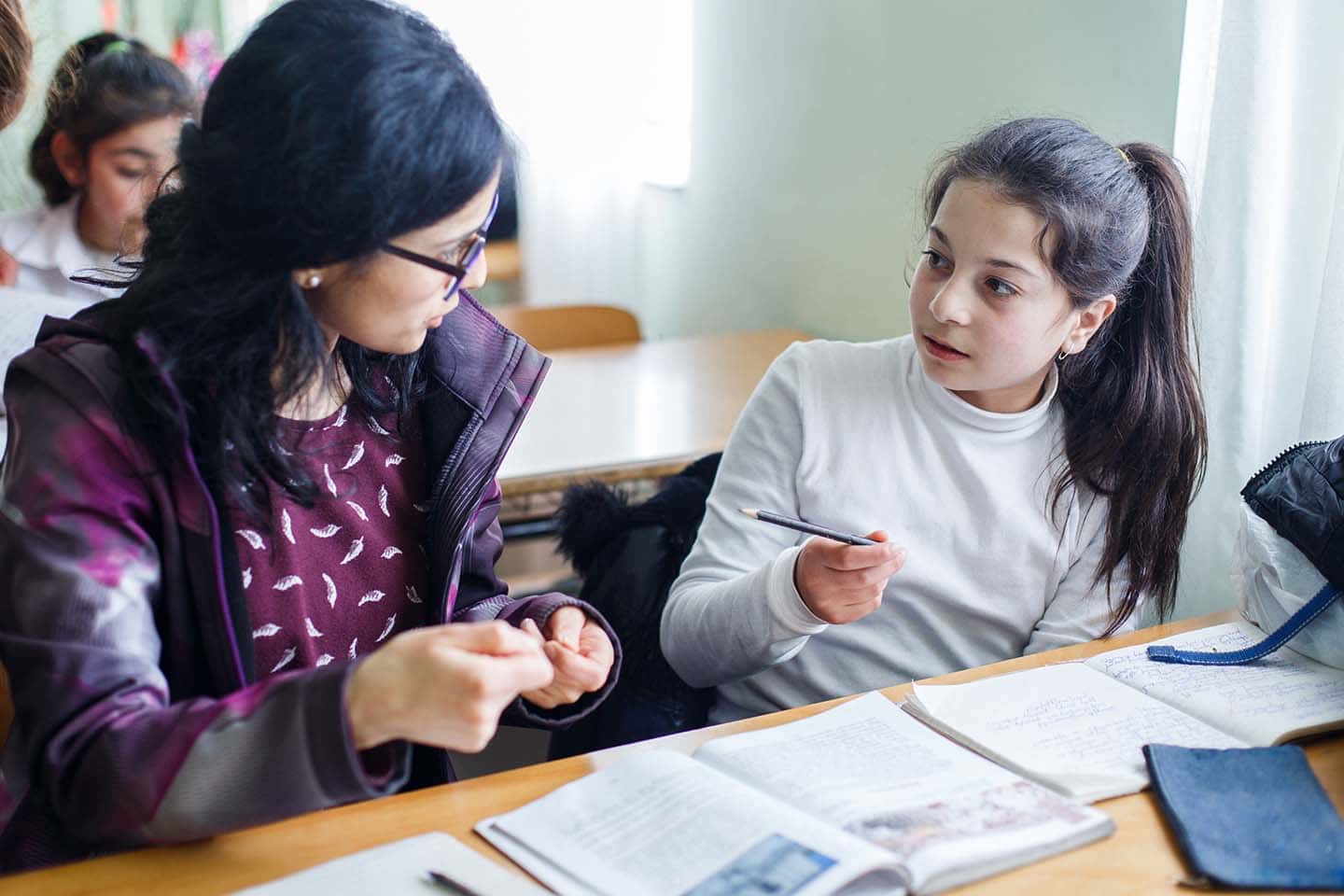
Volunteers are one of the main elements that make the model tick. They are the people that do all the work at grass-root level. They organise and run the centre. They build relationships with the children and their families. They are the ones that the kids look up to as their role-models.
The volunteers at the centres often lack the professional education and skills for their job. That is why YFC puts a lot of effort in to train and guide them. Volunteers come together several times per year to receive training and learn from each other.
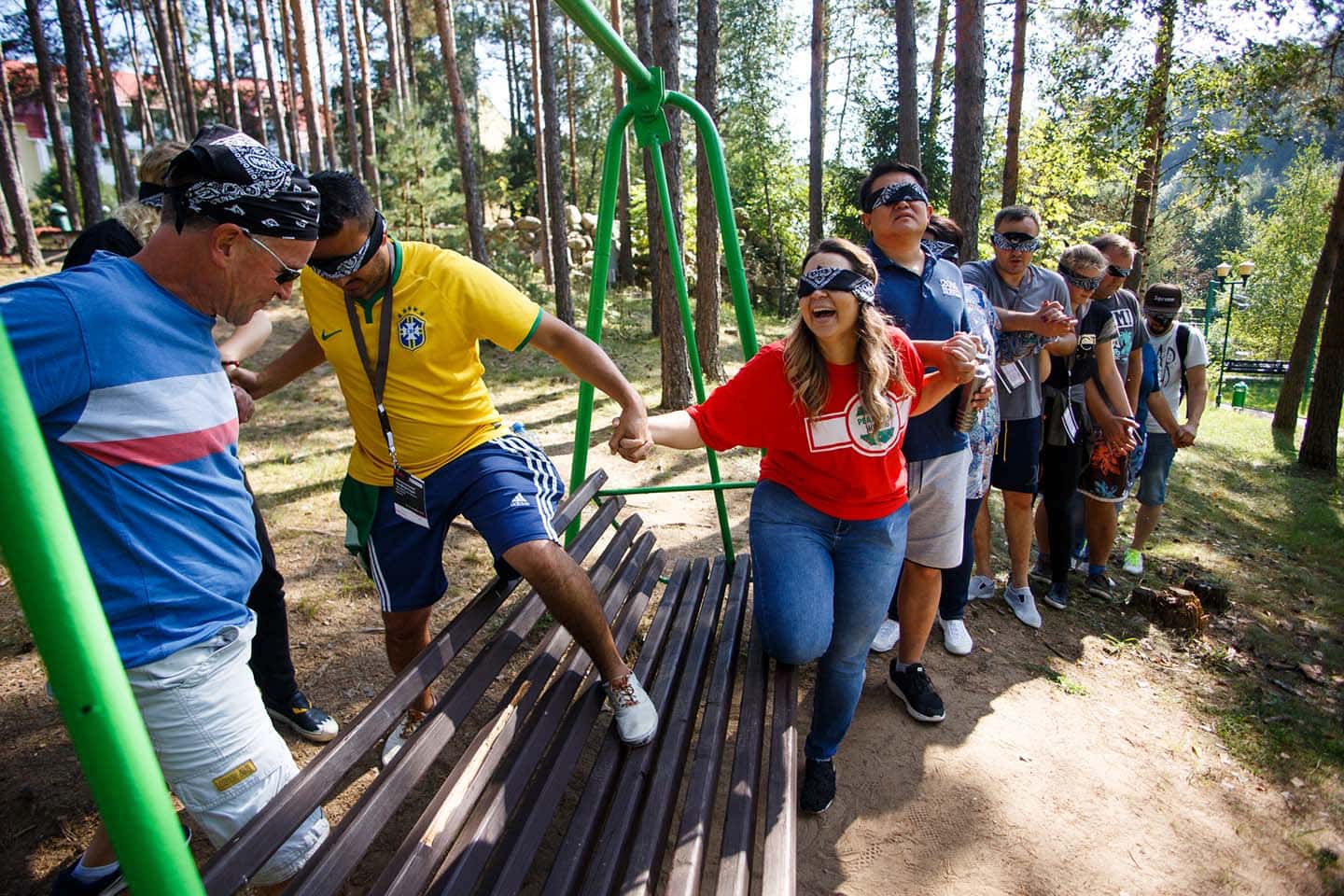
Recently a comprehensive E-learning platform was set up, making it possible for volunteers to access qualitative training online at a place and time they choose.
A special focus is on identifying and developing young leaders, usually teens either from the church or children graduating from the afterschool clubs. A dedicated E-learning track is set up for them to help them to become better volunteers, but also to help them grow spiritually and as leaders.
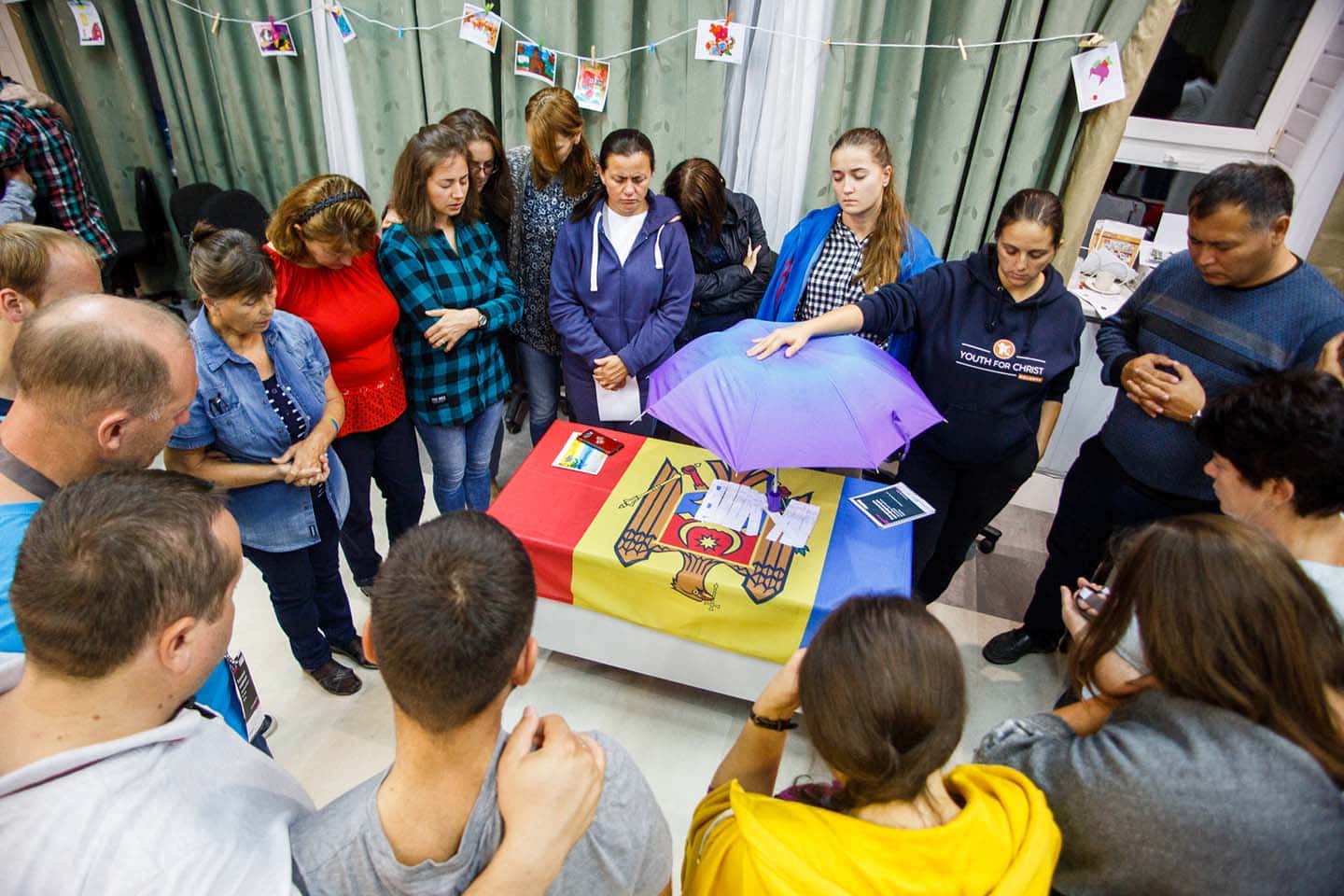
3.
INVOLVING THE CHURCH
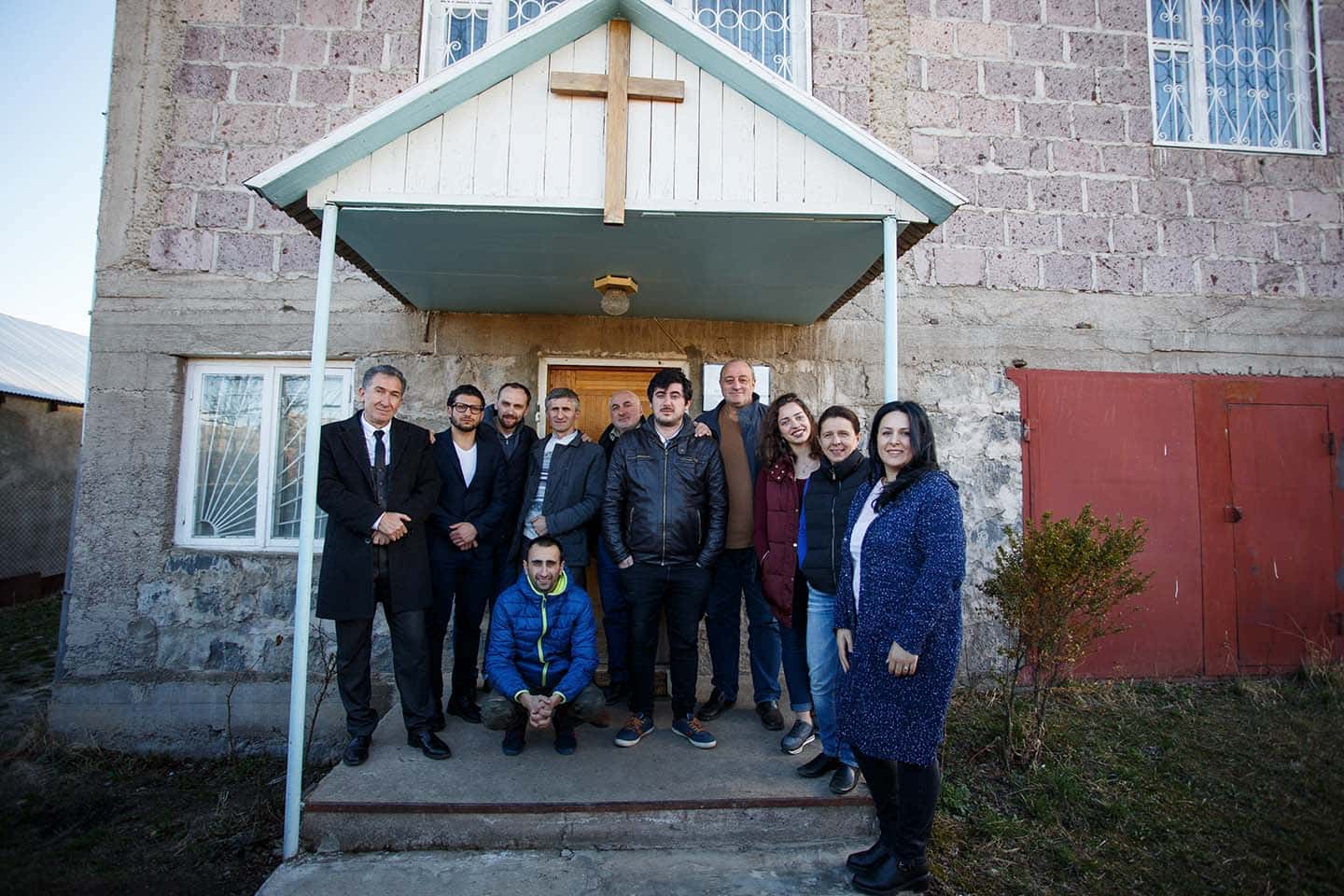
The vast majority of the afterschool centres are run by local churches or NGOs set up by these churches. This ensures that the programme is anchored well in the community. Resources of the church (volunteers, facilities, food, money) can be accessed to make the programme less dependent from outside sources and make it sustainable for the long run.
The church will also offer a natural community for the children and their families where they can receive love and support. Leaders from the church will help establish connections with local authorities, social work services, schools and other institutions, for the benefit of the children.
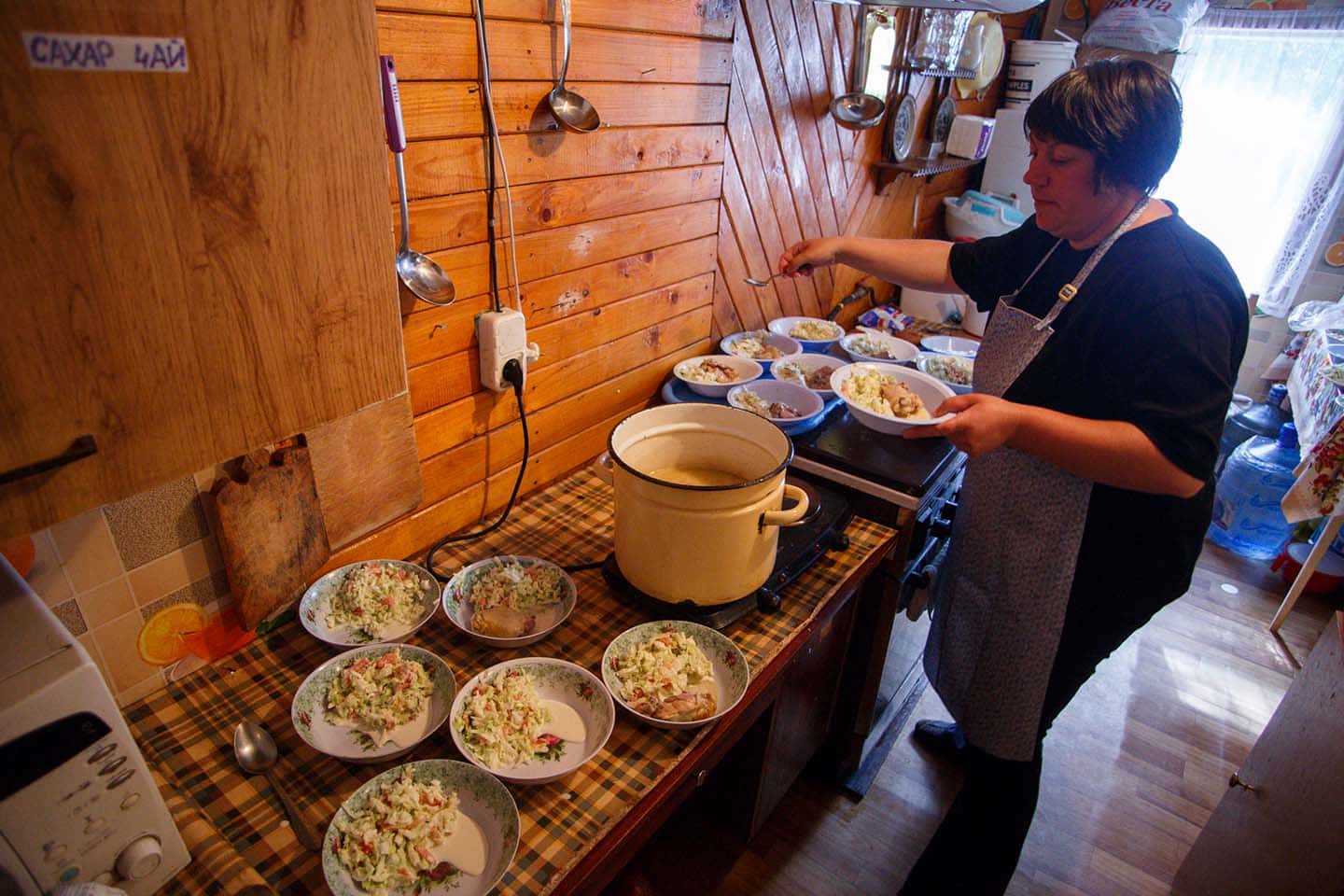
Running an afterschool club is also highly beneficial for the churches as it helps them grow in number, it helps their members to grow by involving them in ministry and it enhances their image and impact in the community. And possibly most important: it enables the church to do what it is called to do: to heal the broken-hearted, to proclaim liberty to the captives, recovering of sight to the blind and to deliver those who are crushed. (Luke 4: 18)
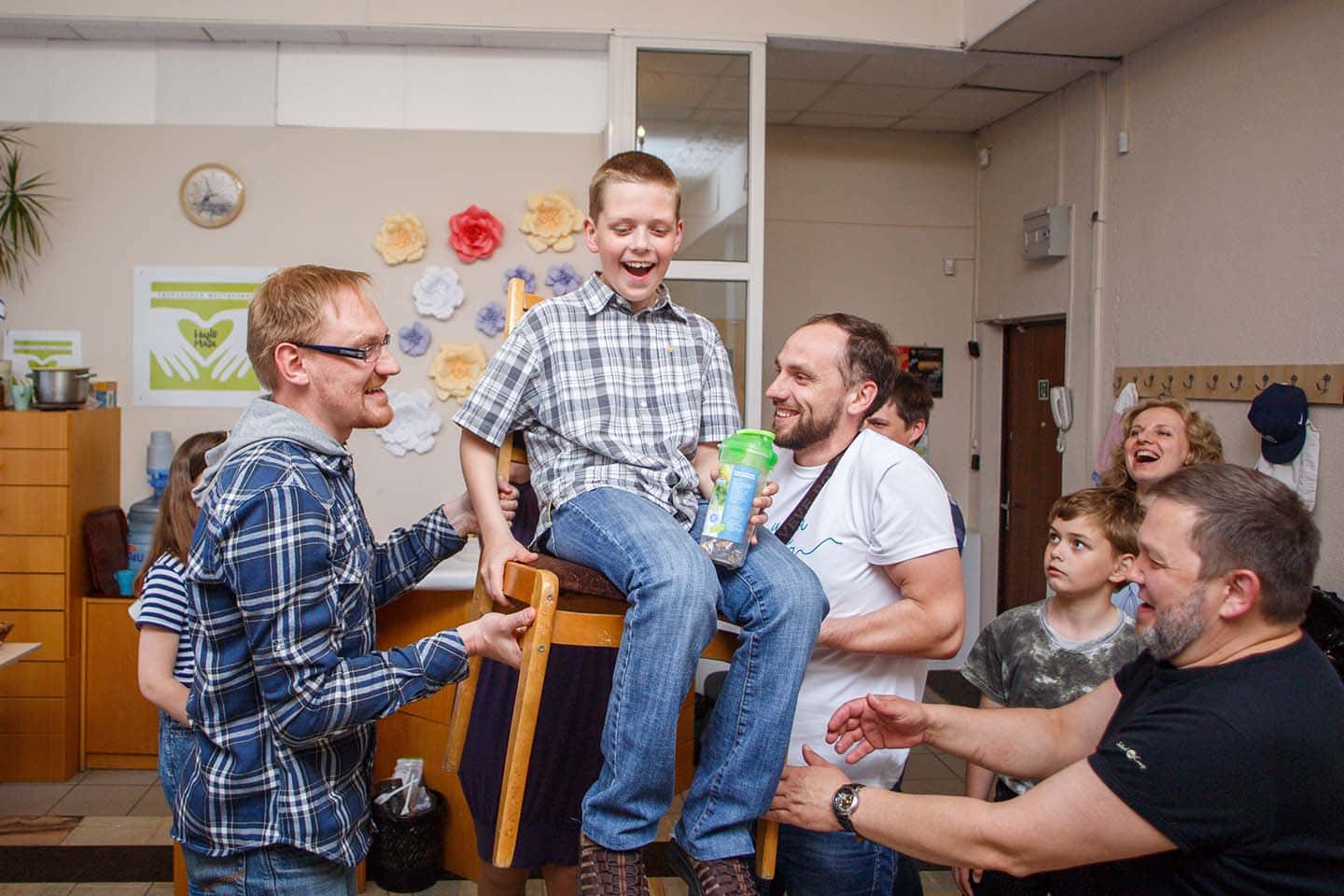
Youth For Christ Eastern Europe
Armenia – Belarus – Georgia
Moldova – Russia – Ukraine
Contact details:
Email: easterneurope@yfci.org
Sign up for our newsletter
© Copyright 2019 YFC Eastern Europe
